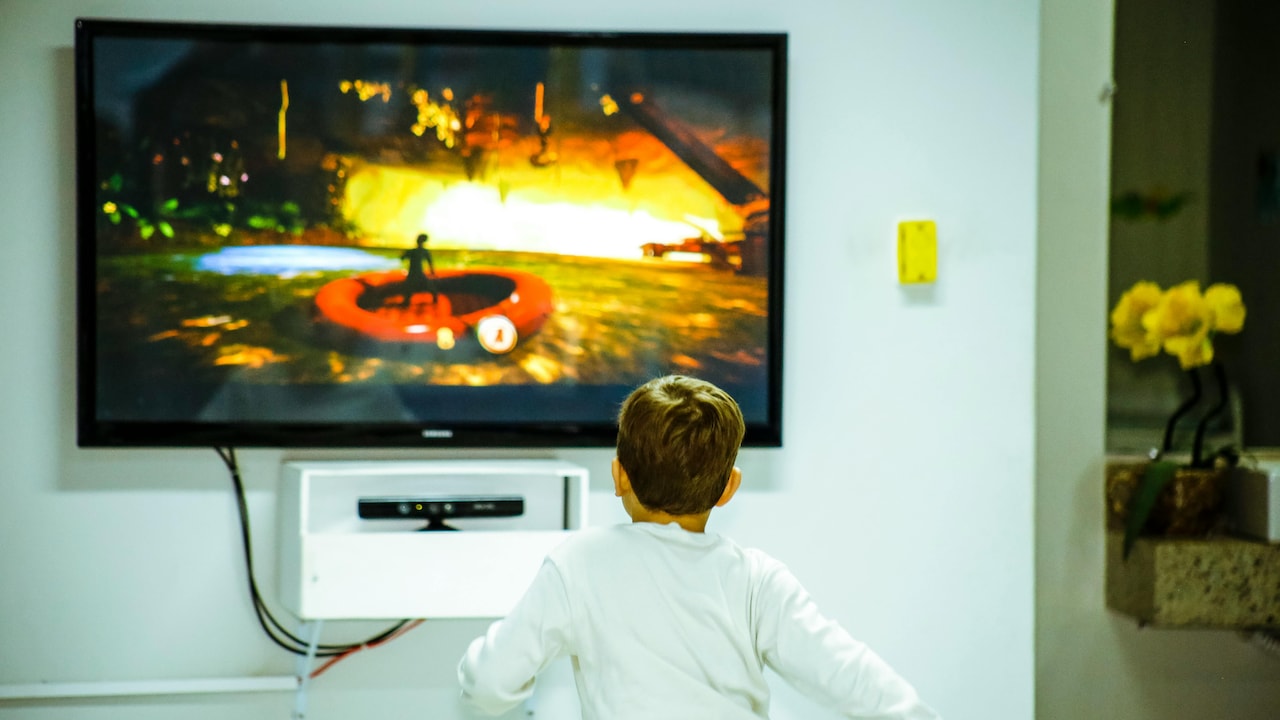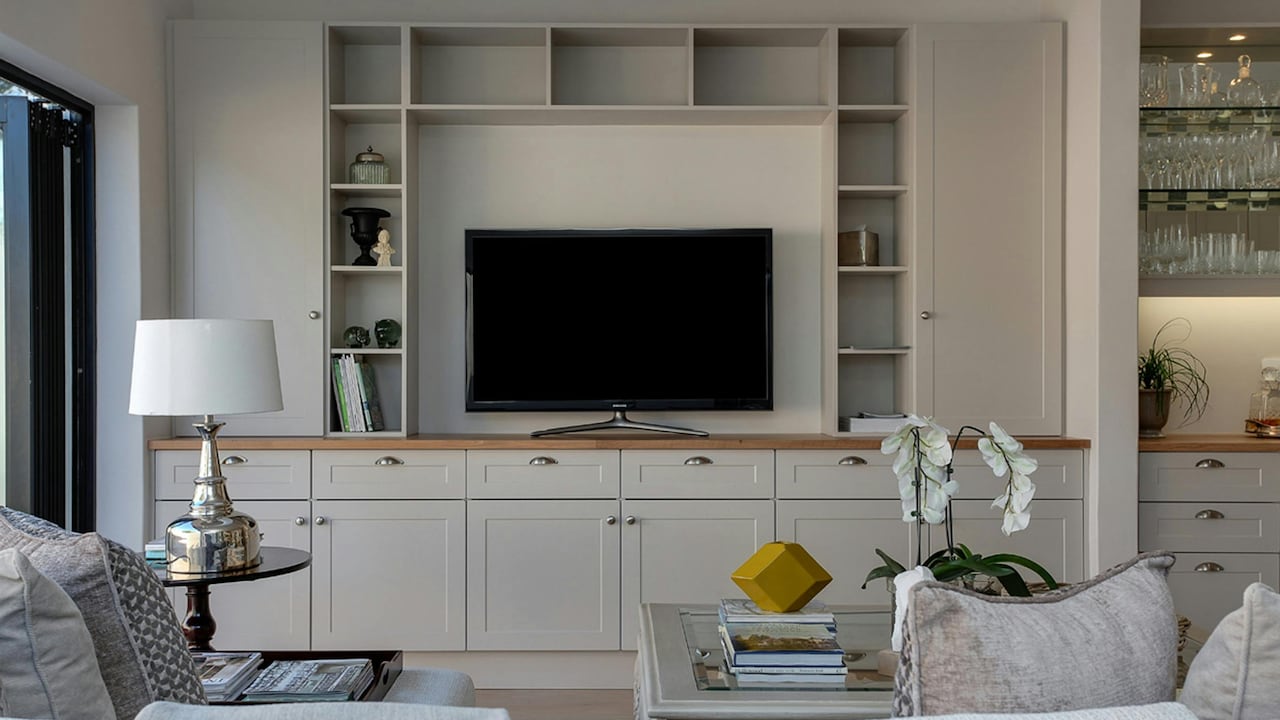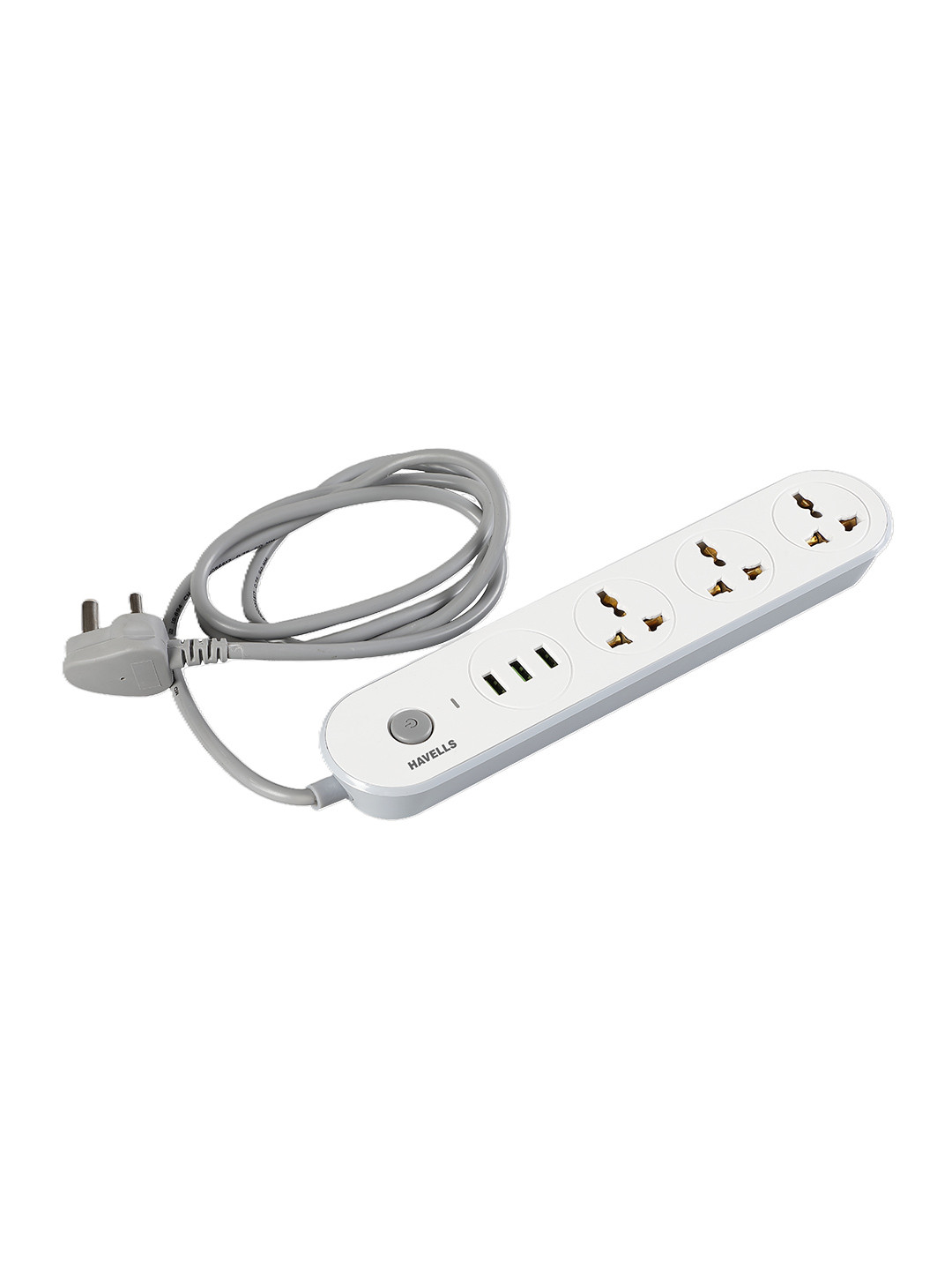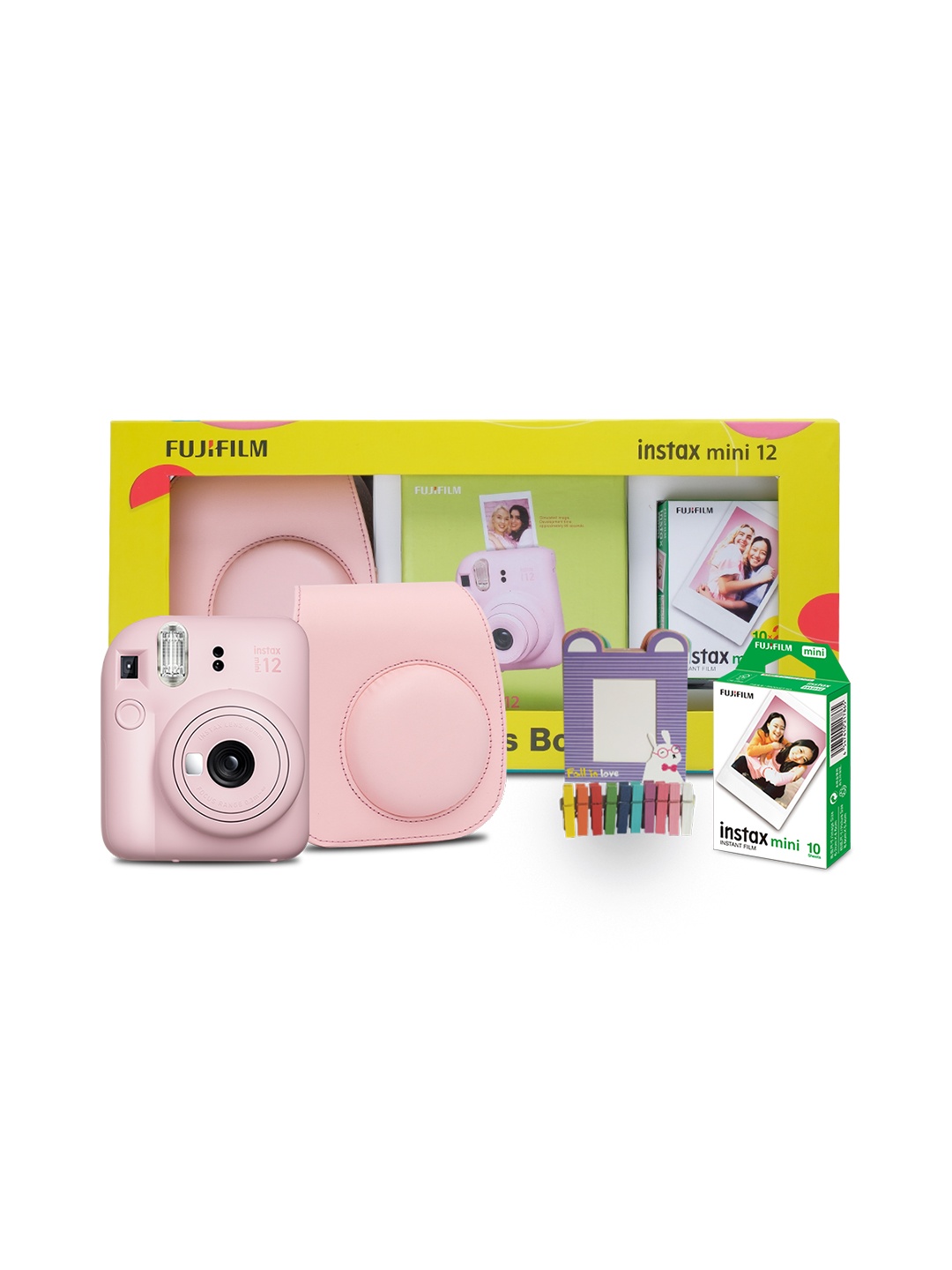Android TV vs Google TV Comparison: Key Differences And Features, Which Smart TV OS Should You Buy in 2025?
Android TV vs Google TV: Choosing a smart TV today isnt just about screen size or resolution anymore. The real magic lies in the software running behind the screen, Android TV or Google TV. Let us dive deep into their features, quirks and personalities to find out.

Android TV vs Google TV Comparison: Complete Guide To User Experience.
Gone are the days when television was merely a box broadcasting a handful of channels. The living room screen has evolved into an entertainment hub, streaming movies, playing music, mirroring phones, and even controlling smart home gadgets. In this transformation, the operating system has become the soul of the smart TV. Among the many systems powering today's screens, Android TV and Google TV stand out as the most popular choices. While one focuses on straightforward functionality, the other aims to deliver a more curated, personal, and connected viewing experience.
If you've ever wondered why two platforms from the same creator exist or which one better suits your style, this Android TV vs Google TV comparison will make your decision much easier. From design and navigation to performance and voice control, let's break down every aspect that matters before you spend your hard-earned money on a new television. And while you're at it, check the top 5 picks, from iBell, TCL, Xiaomi to Kodak.

Android TV vs Google TV Comparison: Complete Guide To User Experience
Photo Credit: Pexels
Side-by-Side Comparison: What Sets Android TV Apart from Google TV
1. Interface and Design: Familiar Simplicity vs Polished Sophistication
Android TV greets you with a no-nonsense layout. Rows of app icons, categories, and recommendations stretch across the screen, offering instant access to what you need. It feels practical, clean, familiar, and functional.
Google TV, on the other hand, takes that structure and adds a modern flair. Instead of focusing on apps, it focuses on content. The home screen curates movies, shows, and clips from multiple platforms in one place, saving you from the endless scroll through different apps. It's like having a personal assistant who knows your mood before you even reach for the remote.
While Android TV's look is efficient and direct, Google TV's interface feels warm and engaging. The layout, colours, and transitions give a more premium vibe. If design and intuitiveness matter to you, Google TV wins this round with its refined, people-friendly interface.
2. Navigation and Ease of Use: Straightforward vs Streamlined
Android TV offers a simple, app-centric layout where everything is neatly categorised. It's easy to learn and quick to navigate, particularly for those who prefer traditional menus. However, it can feel a bit mechanical after a while, functional, yes, but not exactly exciting.
Google TV smoothens that journey. The navigation is fluid and well-organised, with personalised recommendations taking centre stage. You can jump between shows, apps, and even live TV without losing your place. The interface seems to understand what you want, guiding you naturally instead of overwhelming you with options.
Scrolling through Android TV can feel like browsing through a digital mall, while Google TV feels more like stepping into your favourite café, familiar, comfortable, and designed to make you stay longer.
3. Personalisation: Standard Suggestions vs Tailored Entertainment
Android TV recommends content based on popular trends and app algorithms. It does a decent job, but the suggestions can be generic. You'll often see the same shows everyone else is watching.
Google TV, in contrast, goes a step further. It studies your preferences across multiple apps, subtly learning your viewing habits, genres, actors, or even your preferred watch time. The next time you switch it on, it feels like the system remembers you.
For families, Google TV allows multiple profiles, ensuring each person gets a unique feed. So while one member might enjoy thrillers, another can indulge in romantic comedies, all without clashing suggestions. It's a thoughtful feature that brings a sense of individuality to shared screens.
Also Read: Top 5 Soundbars under ₹7000 with Wireless Subwoofer for Apartment-Friendly Home Theatres
4. Content Aggregation: App-Centric vs Unified Viewing
Android TV keeps each streaming app separate. You open an app, browse its library, and play what you want. It's reliable but can be time-consuming, especially if you subscribe to several services.
Google TV simplifies that chaos. It brings everything together under one roof, whether you're into classic dramas or the latest web series. Instead of bouncing between different apps, you get one central hub showcasing content from everywhere.
Think of Android TV as a library with separate shelves, while Google TV feels like a knowledgeable librarian who knows exactly where to find what you want. That unified approach saves time and enhances the overall viewing pleasure.
5. Voice Control and Smart Assistant Integration
Both systems come equipped with built-in voice control powered by a digital assistant. But there's a difference in how they respond.
Android TV's assistant works reliably, handling commands like opening apps, adjusting volume, or searching for shows. However, Google TV expands on this. Its assistant feels more conversational and integrated with your daily life. You can ask about the weather, get calendar reminders, or control smart home devices, all without leaving your couch.
The experience feels natural. Imagine asking, “What should I watch tonight?” and the screen actually offering options that fit your mood, that's the Google TV advantage.
6. Performance and Responsiveness
Performance depends partly on the hardware, but the operating system plays a crucial role. Android TV has matured over the years, offering smooth operation on most televisions. Yet, older models may sometimes stutter when switching apps or playing high-resolution content.
Google TV, built on a newer foundation, tends to feel faster and more responsive. Transitions are smoother, animations feel fluid, and the overall experience is more refined. Even simple tasks like browsing menus or jumping between apps seem effortless.
If you're planning to invest in a new TV, opting for the newer platform ensures better optimisation and longevity. In the fast-moving world of streaming, speed and stability can make all the difference.

Android TV vs Google TV Comparison: Complete Guide To User Experience
Photo Credit: Pexels
7. App Availability and Ecosystem
One thing both systems share is access to the vast app library. From entertainment to education, music, and fitness, everything's available at your fingertips. The Play Store integration ensures a wide range of choices for every taste.
That said, Google TV's ecosystem feels a bit more cohesive. It organises apps smartly, recommends new ones based on usage, and keeps everything updated automatically. The integration across devices, phones, tablets, and TVs, adds another layer of convenience.
For those who already use Android smartphones or tablets, switching between devices feels seamless. It's a connected experience that makes the TV feel like a natural extension of your digital life.
8. Updates and Future-Proofing
When it comes to updates, Android TV often depends on the television manufacturer. This means some models receive updates later than others, leaving users stuck with outdated interfaces.
Google TV, being the newer and more unified system, enjoys better support and quicker updates. The focus is clearly on future expansion, more AI-driven recommendations, smoother multitasking, and integration with upcoming technologies.
If you prefer staying ahead of the curve, Google TV offers a more future-ready experience. It's designed not just for today's streaming needs but also for tomorrow's innovations.
9. Price and Availability
Now, the part that matters most, the budget. Android TV models are widely available and often more affordable. You can find a solid, feature-rich television for under ₹25,000, making it a great option for those upgrading from basic models.
Google TV sets, on the other hand, usually cost a bit more due to newer hardware and advanced features. However, the difference isn't drastic. Considering the polished interface and smarter personalisation, the extra cost often feels justified.
For those on a tight budget, Android TV offers reliable value. But if you're ready to invest a little more for long-term comfort and a modern experience, Google TV might be the smarter buy.
10. Final Verdict: Choosing the Right Fit for You
Both Android TV and Google TV share the same foundation, yet they cater to different viewing personalities.
If you appreciate simplicity, direct access to apps, and a familiar feel, Android TV fits perfectly. It's reliable, affordable, and functional, ideal for those who prefer things straightforward.
If you enjoy an elegant interface, personalised suggestions, and a future-focused experience, Google TV stands out. It's designed for a more connected lifestyle, one where convenience, aesthetics, and intelligence blend beautifully.
Ultimately, the best choice depends on your habits and priorities. Whether you're binge-watching dramas late at night or hosting family movie marathons on weekends, both platforms promise to make your screen time delightful.

Android TV vs Google TV Comparison: Complete Guide To User Experience
Photo Credit: Pexels
Products Related To This Article
1. iBELL 80cm (32 inches) Smart LED TV
2. TCL 139 cm (55 inches) 4K Ultra HD Smart QLED Google TV
3. Kodak 100 cm (40 inches) 9XPRO Series Full HD Certified Android LED TV
4. Xiaomi 138 cm (55 inch) X Ultra HD 4K Smart Google LED TV
5. VW ( Visio World. 101 cm (40 inches) OptimaX Series Full HD Smart QLED Android TV
The evolution from Android TV to Google TV mirrors how our relationship with entertainment has changed. What began as a simple need to stream has grown into a quest for seamless, personalised, and intelligent experiences.
While Android TV continues to serve millions with dependable performance, Google TV brings a breath of fresh air, smarter, sleeker, and more attuned to modern living.
In the end, it's not just about which one is “better,” but which one feels right for your home. Whether you pick the practicality of Android TV or the polished charm of Google TV, one thing's certain, your evenings are about to get a lot more entertaining.

























